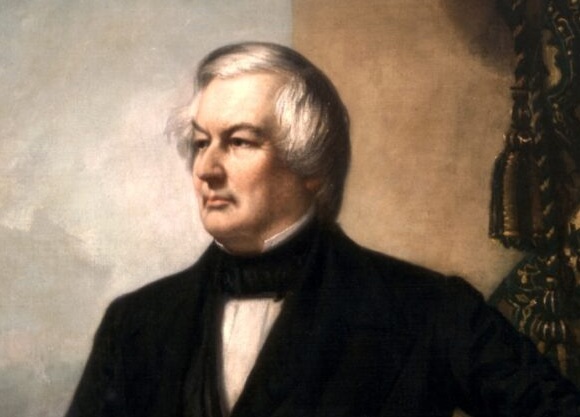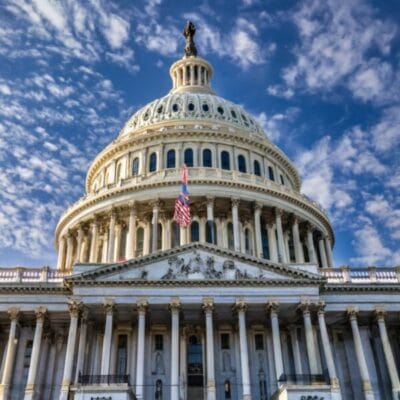Introduction
Political rhetoric is the art of using language to influence public opinion and shape political outcomes. Throughout history, politicians have harnessed the power of persuasive words to mobilize support, sway votes, and establish their agendas. In contemporary America, political rhetoric remains an essential tool for candidates and leaders seeking to connect with constituents and advance their policy priorities.
The Artful Use of Language: Political Rhetoric’s Influence
Political rhetoric is an intricate art form that combines sophisticated argumentation, emotional appeals, and carefully crafted language. Politicians use language to define issues, frame debates, and present themselves and their opponents in favorable terms. Through the strategic use of metaphors, analogies, and other rhetorical devices, they aim to capture the attention of the audience and shape their perceptions.
By employing emotional appeals, politicians can evoke strong feelings in their listeners, creating a sense of urgency or inspiring a sense of hope. They use language to establish a connection with the audience, building a rapport that encourages trust and receptivity. The artful use of language in political rhetoric allows politicians to convey complex ideas in a compelling and memorable manner.
Shaping Public Perception: The Power of Political Discourse
Political discourse has a profound impact on how the public understands political issues and candidates. When politicians frame an issue in a particular way, they can influence how the public views that issue and the potential solutions. By controlling the narrative, politicians can establish their own interpretations of events and set the agenda for public debate.
Furthermore, political discourse can shape public perceptions of candidates and parties. Through the use of positive and negative language, politicians can enhance their own credibility while discrediting their opponents. By creating favorable associations and portraying their rivals in an unfavorable light, politicians can influence voter preferences and sway public opinion in their favor.
Summary
Political rhetoric is a powerful tool that politicians use to influence public opinion. Through the artful use of language, politicians define issues, frame debates, and present themselves and their opponents in a favorable light. They employ emotional appeals and rhetorical devices to capture attention, build rapport, and convey complex ideas in a compelling manner. Political discourse has a significant impact on how the public understands political issues and candidates, allowing politicians to control the narrative and shape public perceptions. Understanding the role of political rhetoric is crucial for informed civic engagement and the effective functioning of a democratic society.



